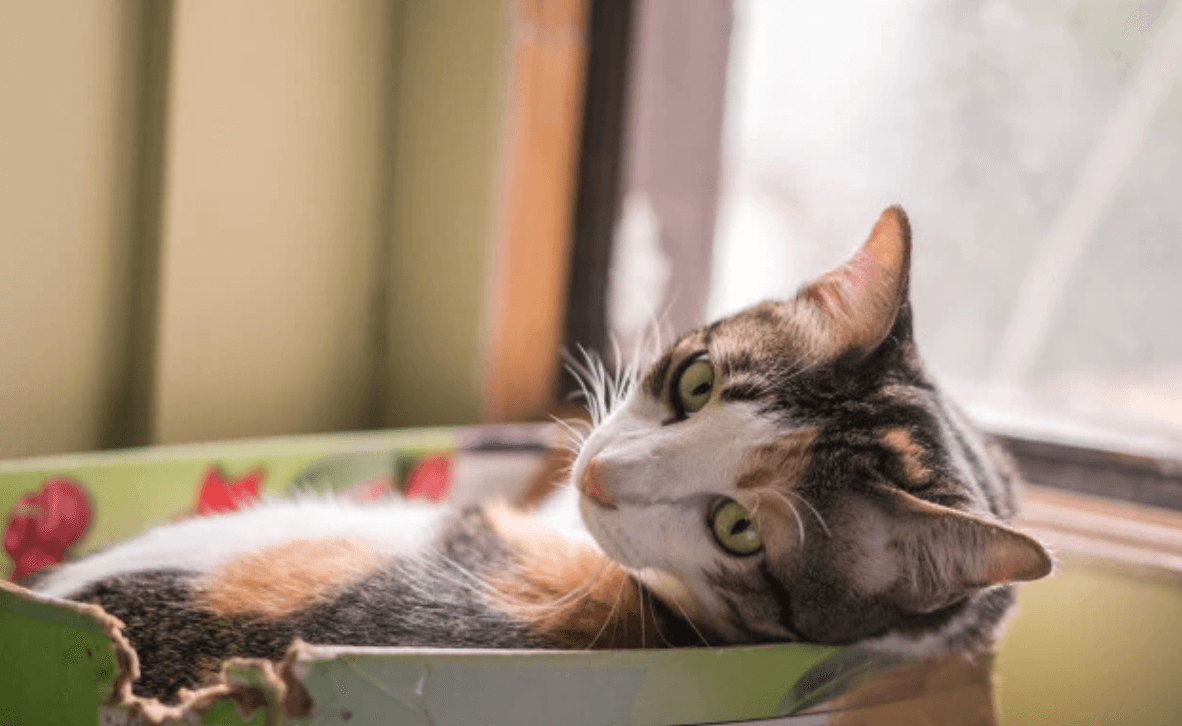The Ultimate Cat Litter Box Guide

If you share your life and home with a cat or two, litter boxes should be constant fixtures in your home. They are a necessity not only for indoor cats but also for those cats that are allowed to spend time outdoors. Having an adequate number of well-maintained litter boxes placed in strategic locations in your home can help ensure that your furballs have contained and predetermined spots for urination and defecation. It is also one way to avoid dealing with the hassles of inappropriate elimination and other litter box-associated issues. Aside from the obvious reason for having litter boxes, these cat essentials are also important for a cat’s overall health and mental well-being. There are a host of problems that can be prevented by following a few basic guidelines about litter box use and maintenance.
How to Choose The Right Cat Litter Box
There are gazillions of litter boxes in the market and picking out the right one that your kitty will use can be a difficult task if you don’t know the basics. Several factors should be taken into consideration when choosing a litter box for your cat.
A litter box should be spacious enough to allow a cat enough room to eliminate and perform before- and after-elimination routines. The size of the litter box is an important consideration when selecting one. When a box is too small, the cat’s hind end may hang over the box’s edge and the waste would end up outside the litter box.
In addition to the size, a cat should easily be able to get into and out of the litter box. This can be particularly beneficial to senior cats suffering from arthritis,cats with mobility issues, and for kittens!
Between covered and uncovered litter boxes, many cats prefer to do their thing in one without a lid because they can observe their surroundings while they’re inside the box. Undesirable odors can be contained in enclosed litter boxes and a cat won’t feel comfortable being inside a smelly litter box causing them to eliminate somewhere else.
Read more about how to choose the right cat litter box here.
Just Adopted A Cat? — Great Beginner Tips In Choosing A Cat Litter Box
Preparing for the arrival of your first pet cat can both be an enjoyable and challenging undertaking. Everything must be ready before the big day, so last-minute hassles and problems can be avoided. When buying cat essentials, litter boxes should be included in your list. You do not want to deal with potty accidents anytime soon, do you? Try thinking like a cat when choosing a cat litter box.
But choosing the right litter box for a cat is not that easy. You should carefully consider the size and the design based on your cat’s preferences and not yours. This can help ensure that your furball will use it and not have litter box issues that force them to eliminate somewhere they will be more comfortable. The wrong litter box is an important culprit of inappropriate elimination problems that cat parents must deal with. To increase the chances that your newly adopted cat won’t have any issues with his litter box, you should make an effort to learn more about your new pet’s preferences as well as the pros and cons of each litter box type.
Litter box maintenance is also an important routine that pet owners should observe regularly. With their keen sense of smell, cats can easily detect even the smallest trace of poop and urine. When they do catch a whiff of undesirable odors in their litter box, they will not have second thoughts of doing their business in a spot where they’re more comfortable.
Get more tips on choosing the right cat litter box here!
Cat Litter Box Types on a Budget
The right litter box for your cat is not always the most expensive or the most complex one. Cats have individual preferences and even if you want a covered or self-cleaning litter box because they can effectively deal with odor and maintenance issues, your pet’s preferences will ultimately win out in the end. After all, he will be the one using it and not you. Litter boxes come in various designs and sizes. The different types of litter boxes –open litter box, covered litter box, self-cleaning cat litter box, disposable litter box, and sifting cat litter box all have their pros and cons. Some litter boxes are better at controlling odors while others offer convenience when it comes to litter box cleaning and maintenance. So be sure to do your assignment so you can get the best litter box for your furry friend.
- Self-cleaning cat litter box (automatic litter box) spells convenience but they can be expensive. Moreover, the sound that they make can spook a cat off.
- A covered cat litter box (hooded litter box) is great at containing odors and is priced averagely but a cat may hate the feeling of being confined inside while doing their thing. It does not help that they will be breathing in the trapped odor of the poop and urine while inside the box.
- An open cat litter box (uncovered litter box) is the most common and popular in the bunch. It is easy to clean and cheaper compared to the other types. However, since it does not have a cover, it needs to be cleaned at least twice a day to prevent undesirable odors from building up.
- A disposable cat litter box is made of environmentally friendly materials, like recycled paper or cardboard. The box can be used for at least a month, depending on the number of cats using it and can easily be disposed of. Some disposable litter boxes are coated with an odor-prevention material which makes them more expensive than the ordinary ones. You can also buy disposable litter boxes that are already pre-filled with biodegradable litter made of paper pellets.
- A sifting cat litter box is ideal for cat owners that hate scooping the clumps. It works well with clumping litters and is available with or without cover.
Find out more about the different costs of cat litter boxes here.
Why does my cat’s litter box smell so bad?
A smelly litter box is a common concern that many cat parents share. Since a litter box is used by your pet several times during the day, it will need regular cleaning and maintenance, or else odor from the poop and urine inside can invade your entire home.
The urine of cats has a strong stench because it is more concentrated compared to other domestic animals. The longer the dirty litter sits inside the box, the stronger the smell gets.
Urine odor can also be influenced by the protein component of cat food since ammonia is a by-product of protein metabolism in the body. You may try switching your pet’s food to another product with a different protein source. Make sure to do it gradually to avoid digestive disturbances. Alternatively, introduce more water in your cat’s diet.
The type of litter can also have an impact on the strength of odor emanating from the litter box. There are different types of cat litter and each type has its pros and cons. Being familiar with each one can help you figure out which one is best for your pet.
How often and how thorough you are in cleaning the litter box have a big say when it comes to controlling odor issues. Scooping should be done 2-3 times a day, depending on the number of cats you have in your home. The more cats you have, the more frequent scooping is done throughout the day. Before placing a new litter inside a newly cleaned box, make sure the box is thoroughly dry. The litter should be about 2 inches (5 centimeters) deep so there will be enough litter to allow the cat to cover his waste. You may also sprinkle some unscented baking soda or other odor-absorbing products at the bottom of the box before putting in the litter.
Find out more about why your cat’s litter box smells bad and how to prevent strong odors!
Everything About Cat Litters
The type of litter in your cat’s litter box is another important factor that can spell the difference between your kitty using the litter box and inappropriate elimination. There are different types of litter and knowing which one your cat prefers can help prevent any litter box issues. Although cats tend to have individual preferences, they share some universal preferences.
- They tend to favor fine litter material because it is easier to cover their waste with. The fine particles also feel better on the cat’s paws.
- Cats prefer unscented litter material over scented ones
When choosing cat litter, you should consider the ability of the litter to absorb odor. The litter material should be low-dust, low-tracking, and should be quick to form clumps upon contact with moisture.
The most common types of cat litter include clay litter, clumping clay litter, silica gel cat litter, pelleted biodegradable cat litter, and granular biodegradable cat litter. Knowing the pros and cons will give you better leverage in choosing the best one for your furball’s litter box.
Read more about the different types of cat litters and what is right for your cats.







